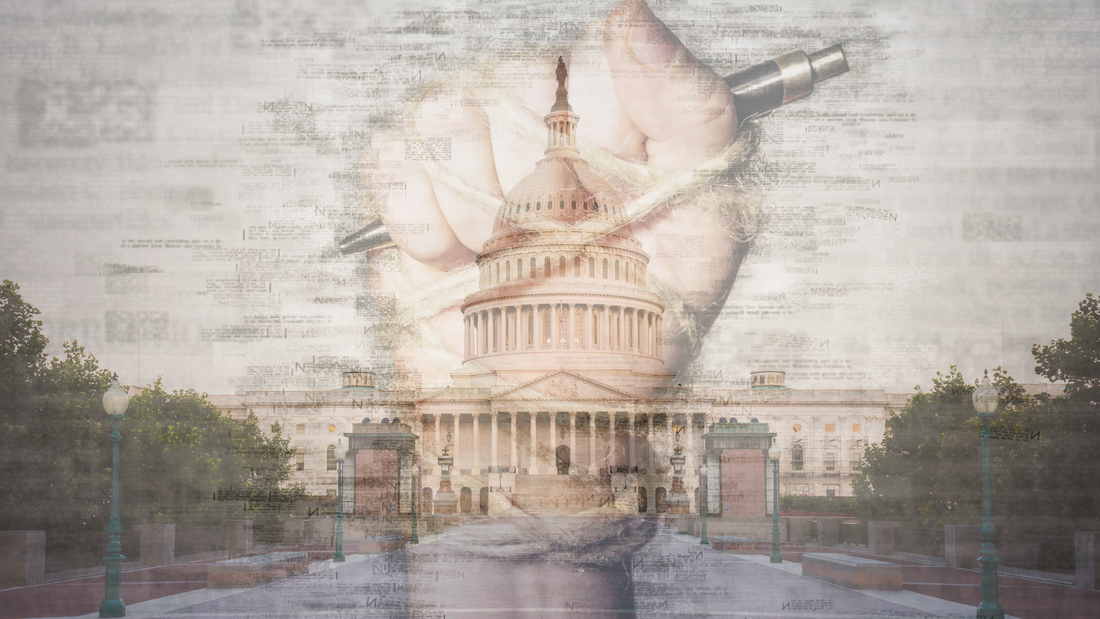|
Attorney General Merrick Garland this week formalized a policy he announced early in his tenure that restricts the use of legal tools by federal prosecutors to force journalists to divulge their notes and sources.
This new rule precludes “the use of compulsory legal process, including subpoenas, search warrants, and certain court orders for the purpose of obtaining information from or records of members of the news media.” Such protections are sorely needed. We’ve seen federal intrusion into the records of the AP, CNN, The Washington Post, The New York Times, and even morning raids to confiscate the phones of activist journalists. Over the years, journalists have been held in contempt and jailed for refusing to reveal their confidential news sources. Most U.S. states have “press shield” laws that protect journalists’ sources and notes, with reasonable exceptions. But the federal government has no such law. It is heartening to see the Attorney General make this directive a formal rule. We should remember, however, that Department of Justice rules can change with the next Attorney General and the next administration — or even if the current Attorney General changes his mind. We value the ability of journalists to shield confidential sources because so many times revelations from whistleblowers have revealed wrongdoing or dysfunction that the American people need to know about. Recognition of a shield law as essential to freedom of the press explains why Reps. Jerry Nadler and Jim Jordan, Chair and Ranking respectively of the House Judiciary Committee, led a bipartisan group to vocally support the Protect Reporters from Exploitive State Spying (PRESS) Act, introduced by Sen. Ron Wyden (D-OR) and Rep. Jamie Raskin (D-MD). The PRESS Act passed the House with unanimous support in September. Attorney General Garland deserves our gratitude for pushing this issue forward and underscoring its importance. All that’s left is for the Senate to seal the deal and join the House in sending the PRESS Act to the president’s desk for signature. Comments are closed.
|
Archives
June 2024
Categories
All
|
ABOUT |
ISSUES |
TAKE ACTION |



 RSS Feed
RSS Feed